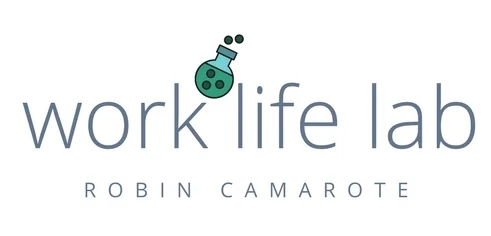They say that good fences make good neighbors. Good fences at work make us focus—clarifying roles to keep the important and relevant issues in and everything else out.
From sweeping initiatives to mundane meetings, we all show up on any given day and assigned a roll that is one of three. These rolls are to unlock, propel or support the solution in motion. Knowing our role (and sticking to it) increases our impact while enabling others to play their part-- not to mention avoiding confusion, frustration, and disappointment. Let's break this down a bit...
- To unlock is to bring expertise to the problem, clarify the issues, and offer paths that work (or just might work). To be the unlock-er, you show up prepared-- armed with questions, with data, with anecdotes, with horror stories, whatever you need to get clear on the challenge so that you can credibly and confidently propose a solution and convince others to consider your options. The performance metric is binary. Will the solution work for now- yes or no?
- To propel is to apply all the kick-off, kick-start, kick-ass project management, list-making, and inspiration skills you can muster. With conviction, your job is to move the (already agreed-upon) solution forward, generating excitement and momentum along the way. The performance metric is binary. Is the project progressing for now- yes or no?
- To support is to show up, play as a team, coordinate, collaborate, and celebrate the little successes. With dedication and reliability, you embrace the processes and protocols. Like the others, the performance metric is binary. Are you getting your job done- yes or no?
We can all quickly recall occasions (probably from this morning) when the lack of fencing around these roles created a problem-- an avoidable problem heaped on top of the original one we were there to solve. One reason why we stumble over these roles is that they are ever-changing. Depending on the need, we're called upon to flex different skills. This is clearly easiest when you know what's expected.
So, the trick for whoever is in charge is to ascertain what's needed in the moment, line up who's right for what, communicate that expectation, and go. Rinse and repeat for the next issue.

